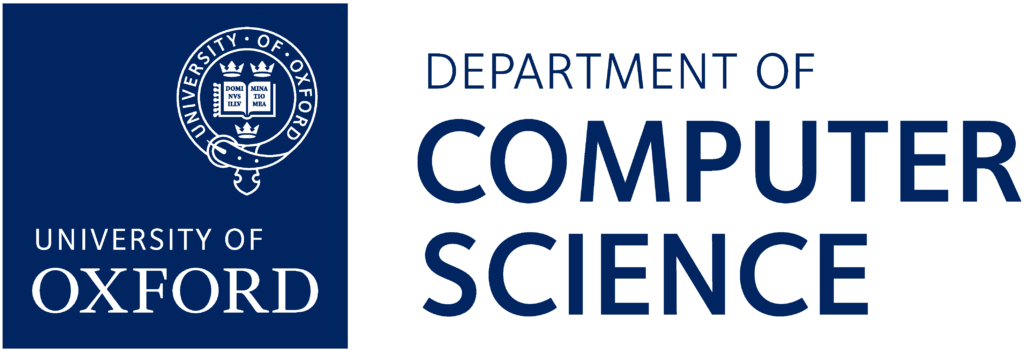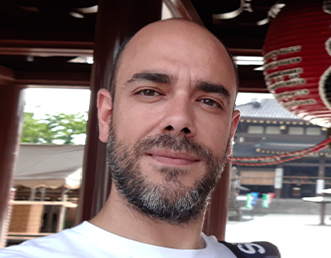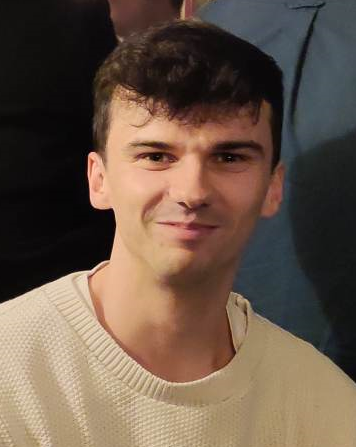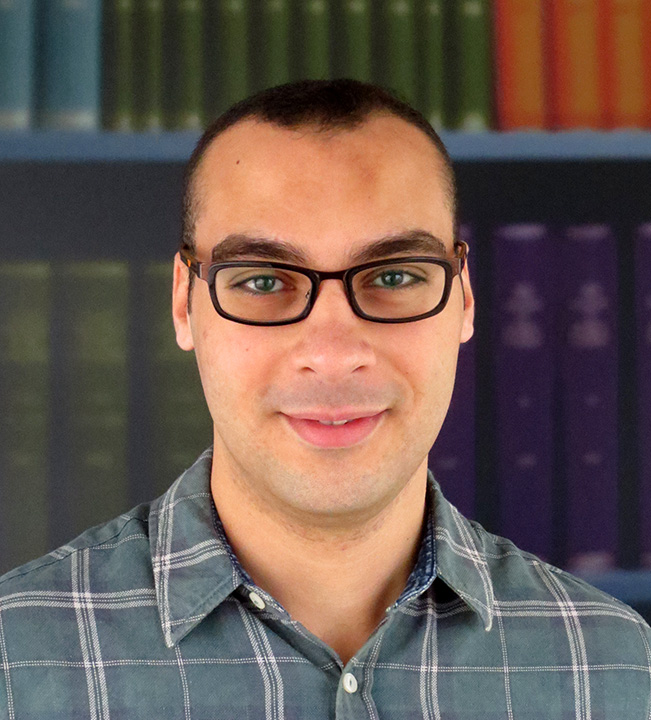Colleagues working on the project
His research is in the field of Computational Medicine, with a focus on Mathematical Modelling and Simulation, Scientific Computing, and applications of Machine Learning. His main research area is in Cardiovascular Research, to investigate mechanisms of disease, risk stratification of patients, personalisation of therapy, discovery of new therapeutic targets, and the safety and efficacy of treatments, with a focus on the clinical and industrial translation of Computational Medicine. His main research interest is in the field of inherited cardiomyopathies, with especial attention to Hypertrophic Cardiomyopathy.
Prior to his current tenure-track position at Oxford, Professor Alfonso Bueno-Orovio has been the recipient of a British Heart Foundation Research Fellowship on Basic Science, and he has received research grants from multiple funders throughout his career, including the EPSRC, the National Centre for the Replacement, Refinement and Reduction of Animals in Research (NC3Rs), and the European Union. His research has been awarded best paper prizes from the USA Society for Industrial and Applied Mathematics, NC3Rs, Safety Pharmacology Society, and at conference venues such us Computing in Cardiology, Functional Imaging and Modelling of the Heart, or Medical Image Computing and Computer Assisted Intervention. He is a member of the editorial board of Frontiers in Physiology, Frontiers in Bioengineering and Biotechnology, and Mathematics.
His research focuses on the development of increasingly personalised computational electromechanical models of human hypertrophic cardiomyopathy ventricles. Previously, during his PhD at Oxford, he used computational cardiac electrophysiology models to investigate arrhythmia mechanisms, stress ECG abnormalities, and pharmacologic therapy in hypertrophic cardiomyopathy.
His research focuses on the development of increasingly personalised computational electromechanical models of human hypertrophic cardiomyopathy ventricles. Previously, during his PhD at Oxford, he used computational cardiac electrophysiology models to investigate arrhythmia mechanisms, stress ECG abnormalities, and pharmacologic therapy in hypertrophic cardiomyopathy.



